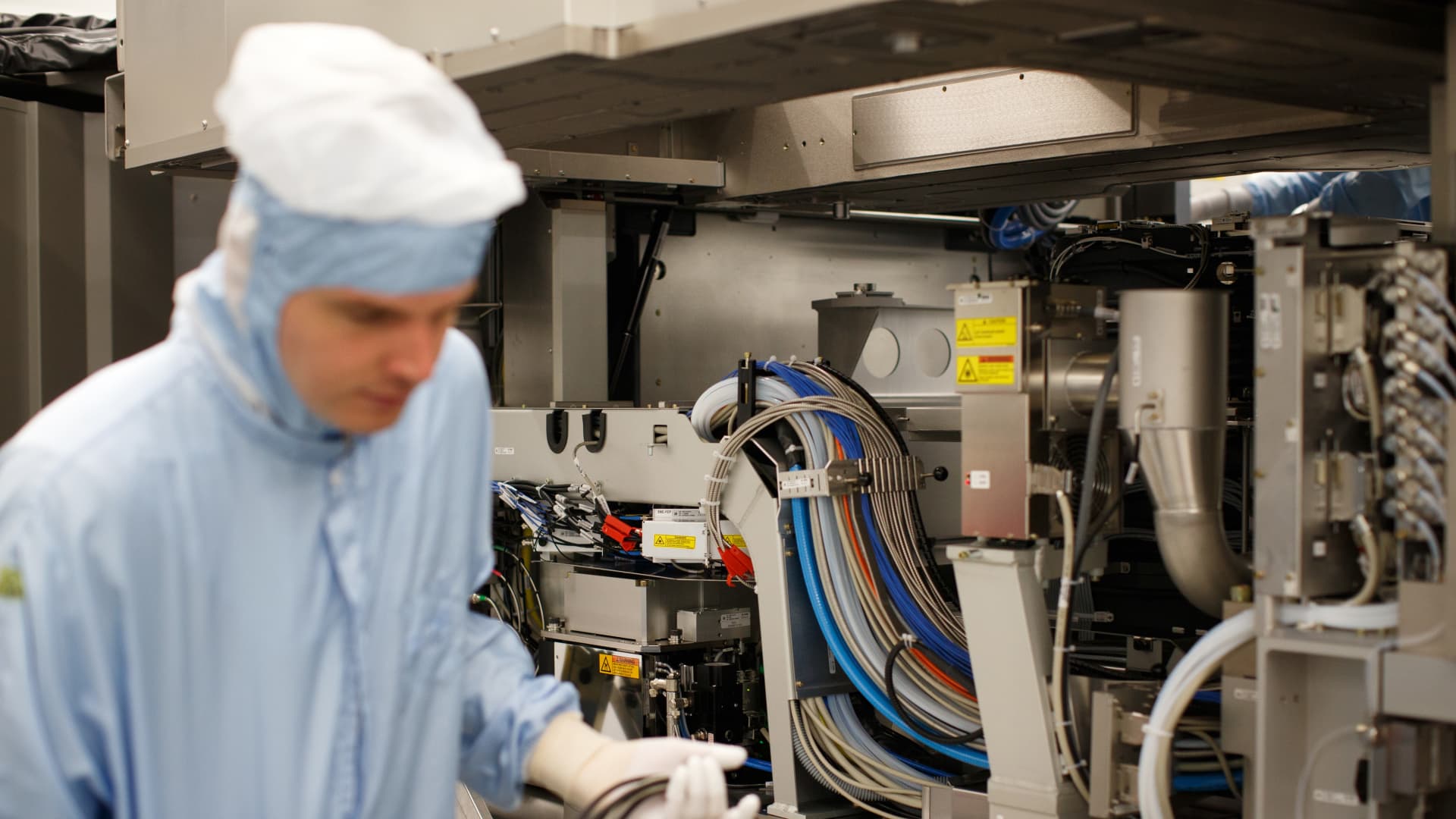The cold war on AI

As often discussed, disruptions are vastly counterintuitive as we see them as sudden and unexpected, while they are always slow to bubble up. Regarding artificial intelligence, we can believe or not that Microsoft and ChatGPT are now racing ahead, but we might want to go back to the big picture.
America is not racing ahead.

And this shouldn't be a surprise, as China has been steadily pushing its research and industry ecosystem ahead for the last five years.
Just like 5G, it's obvious that the U.S. will start to compete in a different way by pushing for a technological lock-out of Chinese companies out of critical hardware tools and infrastructures. It recently started with the political pressure of the Biden administration on the Netherlands to prevent ASML from pursuing key opportunities with China.

The outcomes of this ongoing cold war of sorts are vastly unclear, though. When the U.S. placed Huawei on a trade blacklist in May 2019, locking them out of Google’s Android operating system, this cornered China to invest even more in this sector. I'm not saying a better geopolitical solution was available, as it's certainly a no-win scenario. Lock China out, and they will end up accelerating even further on their own; embrace China and fuel with systemic risks on data and economic influence.
It might be worth reframing the problem, though. The race for technology and patents is one thing; another perspective should be to consider our choices regarding value and society with these technologies. Just like Europe led the way with the (at the time) decried General Data Protection Regulation (GDPR), to be eventually followed by the U.S., there might be a long-term move of creating a far more caring and safe society for our citizens. And for those of you that might not know me very well yet, you might think I'm a wide-eyed utopist.
But I'm not.
The ultimate competitive advantage is never about patents or GDP per capita. In the end, it's about where top talents want to live. And while for many years, the U.S. offered a tremendous value proposition (no wonder so many American tech CEOs are from foreign origins), I'm not sure this reality is still very much in focus.
I'm not sure that Europe understands that very well, either. It's a pity. And as many American tech companies are laying off an army of highly skilled workers post-pandemics, shouldn't we be playing a long game here?
Or, as they drive AI through a purely economic lens, shouldn't we be able to build alternative values?
/cdn.vox-cdn.com/uploads/chorus_asset/file/24347781/STK095_Microsoft_03.jpg)
The answer seems obvious.
If there's an economic war to be had, let's focus on people. People build tech, not the other way around. And I want to believe that in that regard, Europe has a tremendous competitive advantage over the U.S. and China.




